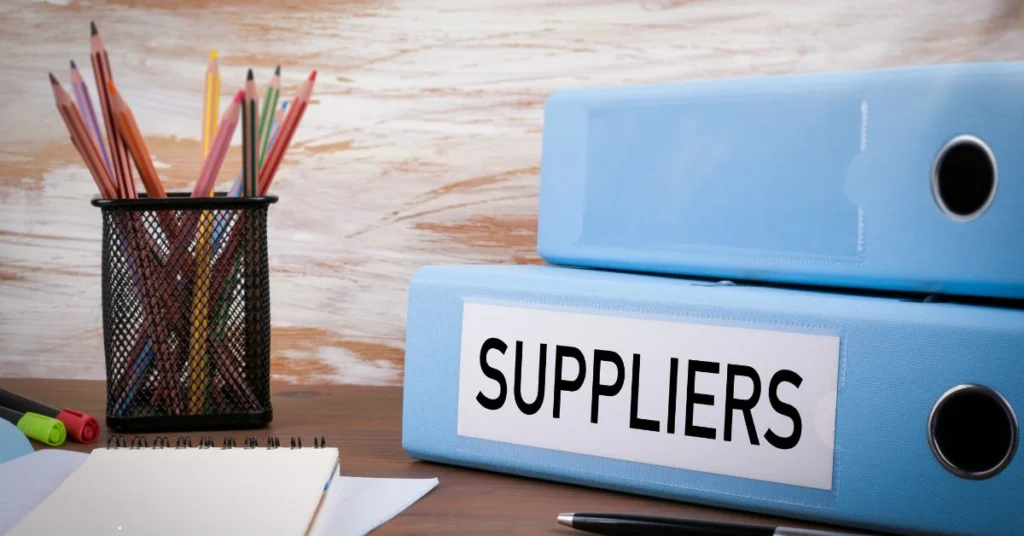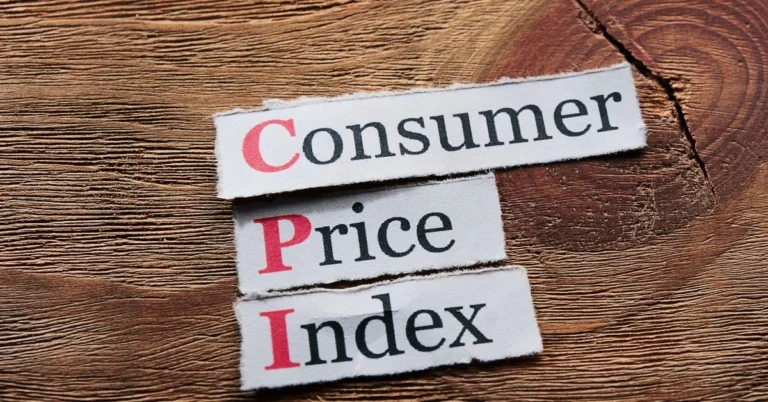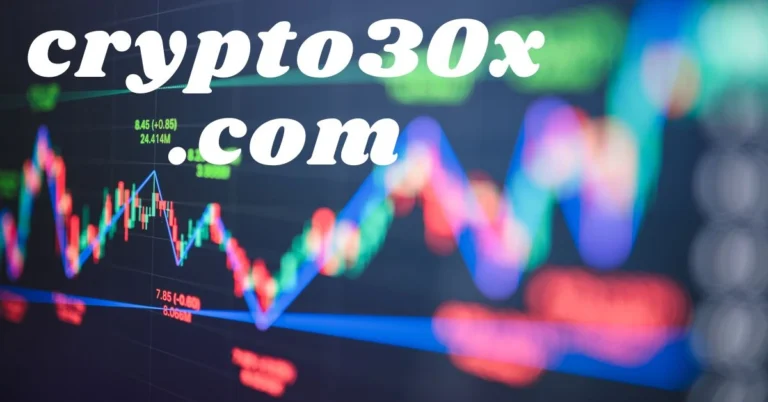ProcurementNation.com Suppliers: Smarter Procurement Made Simple
Suppliers are a critical part of any procurement process. They ensure that businesses have the goods and services needed to operate efficiently. Managing suppliers effectively can lead to better performance and cost savings.
Understanding how to evaluate and choose reliable suppliers is essential. It helps businesses avoid disruptions and maintain quality. Supplier management is not just about finding vendors but building strong relationships with them.
This blog will cover everything you need to know about supplier management. It will explain the key criteria for evaluating suppliers and the best practices for long-term partnerships. You will also learn strategies to discover reliable vendors and tools to measure performance.
ProcurementNation.com offers valuable resources to streamline your procurement process. From supplier evaluation checklists to digital platforms, the site is designed to support procurement professionals. By leveraging these tools, you can optimize your supplier relationships and improve your overall strategy.
Whether you are new to procurement or an experienced professional, this guide is for you. It provides practical insights and actionable tips. With the right approach, you can make supplier management a competitive advantage for your business.
| Aspect | Facts | Figures/Key Points |
|---|
| Importance of Suppliers | Suppliers ensure goods and services for efficient business operations. | Strong supplier management leads to cost savings and better performance. |
| Supplier Evaluation Criteria | – On-time delivery rates – Defect rates – Price vs. value comparisons | Metrics-based evaluation improves reliability and quality. |
| Tools for Supplier Evaluation | – Vendor Management Systems (VMS) – Digital procurement platforms | Centralize data, automate tasks, and provide checklists/templates for evaluation. |
| Traditional Supplier Discovery | – Trade shows – Word-of-mouth recommendations | Build trust through personal interactions and endorsements. |
| Digital Supplier Discovery | – Online directories – Advanced filtering for industry, location, and sustainability | Streamlined comparison of supplier options using technology. |
| Global vs. Local Sourcing | – Global: Cost-effective, diverse products – Local: Quick delivery, strong community ties | Balance based on cost, quality, and logistics. |
| Building Long-Term Relationships | – Communication – Incentives – Performance reviews | Reduces risks and improves mutual growth. |
| Conflict Resolution | – Clear contract terms – Open communication | Prevents long-term damage and ensures trust. |
| Performance Monitoring | – Use KPIs: Delivery rates, defect rates, response times | Regular evaluations ensure adaptability and consistent quality. |
| Industry Trends | – AI, blockchain for transparency – Sustainability practices | Adopt innovative and ethical procurement practices for competitive advantage. |
| Training & Development | – Continuous learning – Upskilling in tools and techniques | Improves team efficiency in managing complex supplier ecosystems. |
| Key Metrics for Supplier Management | – On-time delivery: 95%+ ideal – Defect rates: <2% desirable | Ensures reliability and quality in supplier performance. |
Techniques for Supplier Assessment

Conducting supplier audits helps you verify their capabilities. This involves visiting their facilities and reviewing their processes. It provides a clear picture of their operations.
Feedback and performance metrics are valuable tools. Use data from past transactions to evaluate supplier performance. Metrics like on-time delivery rates and defect rates offer insights into their reliability.
Price vs. value comparisons are essential. The cheapest option is not always the best. Assess the total value a supplier brings, including quality, service, and long-term cost efficiency.
Tools for Supplier Evaluation
Vendor management systems (VMS) simplify the evaluation process. These tools centralize supplier information and track performance metrics. Digital procurement platforms offer additional resources, such as templates, checklists, and automation features to streamline supplier evaluation.
Strategies for Discovering Reliable Vendors

Traditional Methods for Finding Suppliers
Attending trade shows and industry events is a proven method to discover suppliers. These gatherings provide opportunities to connect with vendors and assess their offerings. Building relationships in person can give you confidence in their reliability.
Word-of-mouth recommendations are another effective approach. Trusted colleagues or partners can share insights about their supplier experiences. These endorsements can save time and reduce risks.
Digital Solutions for Vendor Discovery
Online directories and databases have revolutionized supplier discovery. Platforms host comprehensive supplier listings and reviews, making it easier to compare options and find reputable vendors.
Some platforms also offer advanced tools for vendor discovery. These tools include filters for industry, location, and sustainability practices. Such features help you narrow down options to find the best fit for your business.
Global Sourcing vs. Local Sourcing
Global sourcing opens access to a broader range of suppliers. This approach often reduces costs and expands product variety. However, it may involve longer lead times and increased logistical complexity.
Local sourcing supports nearby suppliers and fosters community ties. It typically ensures quicker delivery and easier communication. Balancing global and local sourcing depends on your priorities for cost, quality, and delivery timelines.
Building Strong, Long-Term Supplier Relationships

Why Relationships Matter in Procurement
Strong supplier relationships are the foundation of an efficient supply chain. Collaboration with suppliers enhances trust and transparency. These partnerships reduce risks and improve operational performance.
Techniques to Foster Strong Relationships
Effective communication is crucial for long-term partnerships. Regular updates and open dialogues help align goals. Transparency in expectations ensures smooth collaboration.
Providing incentives can motivate suppliers to maintain consistent performance. These may include bonuses, awards, or preferred vendor status. Such rewards strengthen mutual commitment.
Performance reviews and constructive feedback promote continuous improvement. They allow suppliers to address weaknesses and enhance their services. A collaborative approach fosters growth for both parties.
Conflict Resolution with Suppliers
Disputes are inevitable in supplier relationships. Handling them professionally helps maintain trust. Open communication and timely resolutions prevent long-term damage.
Establishing clear contract terms minimizes misunderstandings. Detailed agreements define expectations and reduce conflicts. Contracts should address delivery schedules, quality standards, and penalties for non-compliance.
Continuous Improvement in Supplier Management

Monitoring and Measuring Supplier Performance
Key performance indicators (KPIs) help track supplier effectiveness. Metrics such as on-time delivery rates, defect rates, and response times are crucial. Regular evaluation ensures suppliers meet expectations and adapt to changing needs.
Digital tools simplify performance monitoring. Some platforms provide dashboards and automated tracking features. These tools save time and provide accurate insights for better decision-making.
Staying Updated with Industry Trends
The procurement landscape is constantly evolving. Technologies like artificial intelligence (AI) and blockchain are transforming supplier management. Staying informed about these trends helps businesses remain competitive and innovative.
Sustainability is another critical trend. Consumers and stakeholders value ethical and eco-friendly practices. Adopting sustainable procurement strategies strengthens supplier relationships and brand reputation.
The Role of Training and Development
Well-trained teams are essential for effective supplier management. Continuous learning enhances decision-making and fosters innovation. Various resources are available to help teams stay updated with the latest practices.
Upskilling includes understanding new tools, negotiation techniques, and strategic sourcing. Training programs ensure teams are equipped to handle complex supplier ecosystems. Investing in team development benefits the entire procurement process.
Conclusion
Suppliers play a vital role in the success of any business. Effective supplier management ensures smoother operations, better cost efficiency, and higher quality standards. Building and maintaining strong relationships with suppliers is a strategic advantage.
From evaluating suppliers to implementing modern tools, each step in supplier management contributes to business growth. The continuous improvement of these processes helps businesses stay ahead of competition and adapt to changing market demands. Fostering partnerships with ethical and sustainable suppliers further enhances credibility and consumer trust.
Platforms with comprehensive resources and tools empower businesses to make informed decisions about supplier management. Access valuable insights, checklists, and innovative procurement solutions to optimize your supplier relationships.
Take the next step in refining your supplier management strategy. Explore resources designed to elevate your procurement practices and build stronger, more reliable supplier relationships that drive long-term success.
What is supplier management, and why is it important?
Supplier management involves selecting, monitoring, and maintaining relationships with vendors who provide goods or services. It is crucial for ensuring operational efficiency, cost control, and consistent quality.
How can I evaluate a supplier’s reliability?
You can assess reliability by examining their on-time delivery rates, quality metrics, and client reviews. Conducting audits and using performance tracking tools are also effective methods.
What tools are available for supplier evaluation?
Many platforms provide vendor management systems, evaluation templates, and performance tracking dashboards. These tools simplify supplier assessment and monitoring.
How do I build strong relationships with suppliers?
Focus on clear communication, regular feedback, and mutual goal alignment. Incentives and transparent contracts also strengthen supplier partnerships.
Should I prioritize local or global sourcing?
This depends on your business needs. Local sourcing offers quicker deliveries and better communication, while global sourcing provides cost benefits and diverse product options.
What trends are shaping supplier management today?
Emerging trends include sustainability, AI-driven analytics, and blockchain for enhanced transparency. Staying updated with these developments ensures competitive supplier management strategies.
How can I ensure continuous improvement in supplier management?
Regularly monitor supplier performance, invest in team training, and adopt new technologies. These practices help optimize processes and adapt to changing market demands.







